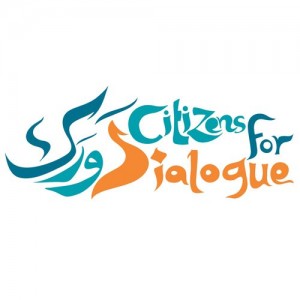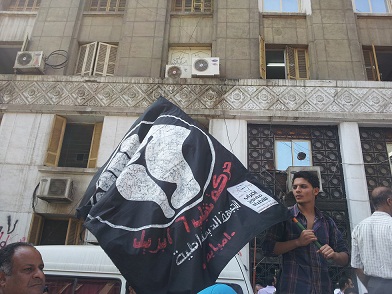
Due to the rapid changes the Middle East is experiencing, the Anne Lindh Foundation decided to launch an intercultural programme to promote cultural exchange.
“The programme aims to provide Arab countries with tools and skills for exchange and to promote intercultural dialogue, networking and participation. The programme, which spans over the period of three years (2012-2014) is funded by the European Union,” the website explains.
Dawrak intends to involve youth, educators and NGOs in its activities since these three groups represent the main catalysts for change in developing countries.
Specifically, the program intends to pay special attention to youth and women as stated on their website: “At the time of the selection of beneficiaries special attention will be paid to youth and women as they are the main target group of the programme.
Three quarters of the program’s beneficiaries will be young people and at least half of them will be women.” The aim is to reach 25,000 participants.
There are three main initiatives in the programme: Youth in Local Dialogue, which is concerned with intercultural dialogue, Education for Intercultural Citizenship, which aims to bring educators from different countries together to share their experiences, and Arts for Change, which focuses on artists and encourages creativity as a method for cultural change.
“The initiative aims at building the capacities of civil society organisations and social dynamic actors by providing them with the skills to participate in local dialogue, education for citizenship and the use of arts for paving the way to change. This will take place in Arab countries of the Union for the Mediterranean (UFM): Mauritania, Morocco, Algeria, Tunisia, Egypt, Jordan, Lebanon, Palestine and Libya (when it joins the UFM),” said Mohamed Abdelbaset, Dawrak’s communication assistant.
“Egypt is one of the UFM countries. It was the first co-president from the south Mediterranean besides France. It is also one of the big Mediterranean countries where a lot of social and cultural changes are taking place and its civil society is expected to play a key role in these changes. Therefore, it is one of the targeted countries,” explained Abdelbaset when asked why the programme chose to work in Egypt.
We stumbled upon the Dawrak Facebook page by accident and asked how they are promoting the programme. “We are trying to promote the programme through our Anna Lindh civil society networks, mainly via the civil society gathering which took place 4 or 5 months ago.
We are expecting that the call for the participation in the Citizens Exchange programme, one of the main components of the initiative, can help to generate media attention. We are also planning to organise an institutional event in Cairo to which all media will be invited to assess what have been achieved and what is expected to be done in the following months,” Abdelbaset said.
The programme is expected to conclude its activities at a regional convention in 2014.



